Distinguished Professors Ruth E. Stark, Margaret Rosario, Teresa Bandosz, YingLi Tiang and Maria Tamargo discuss women’s roles in academia and their hopes for the future.

-
Since your time as a graduate student, what changes have been made that have significantly improved the status of women and their ability to succeed in academia?
-
What changes would you have liked to see and what do you see or hope for in the next decade?…
==================
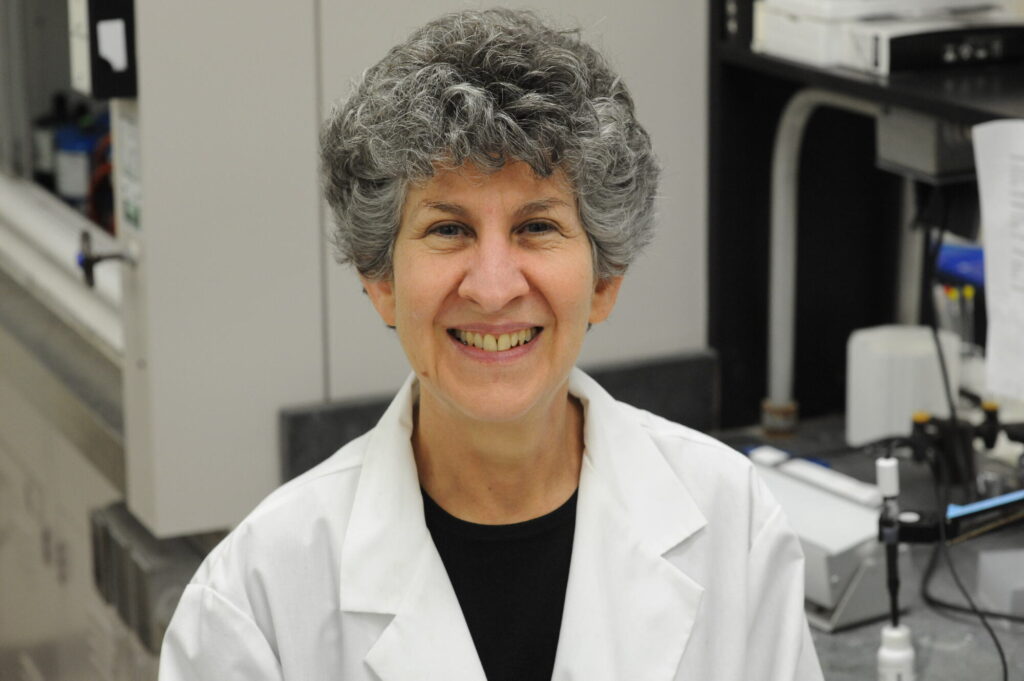
Ruth. E. Stark
Since the 1970’s when I was a Ph.D. student in Physical Chemistry, there is now more of a critical mass of women who can support each other, and men who accept us as peers. Our academic (also governmental and industrial) employers now offer parental leave and extended probationary periods, which were unheard of when I was a graduate student, postdoctoral researcher, and junior faculty member.
I would have liked to see more robust progress for women to be invited speakers at major conferences, obtain awards for their research achievements, and attain professional leadership roles that recognize vision as well as organizational expertise. Progress is being made, but we remain underrecognized and underrepresented in these areas. I would like to see the burdens of service work become better equalized and rewarded, so that the smaller numbers of women, particularly in STEM disciplines, are not held back professionally because “every committee needs a woman” or no man deems himself “good at those things.”
Ruth. E. Stark, Ph.D.
Director, CUNY Institute for Macromolecular Assemblies
Distinguished Professor of Chemistry
==================
“The most difficult thing is the decision to act, the rest is merely tenacity,” Amelia Earhart (1897-1937?), aviation pioneer.
==================
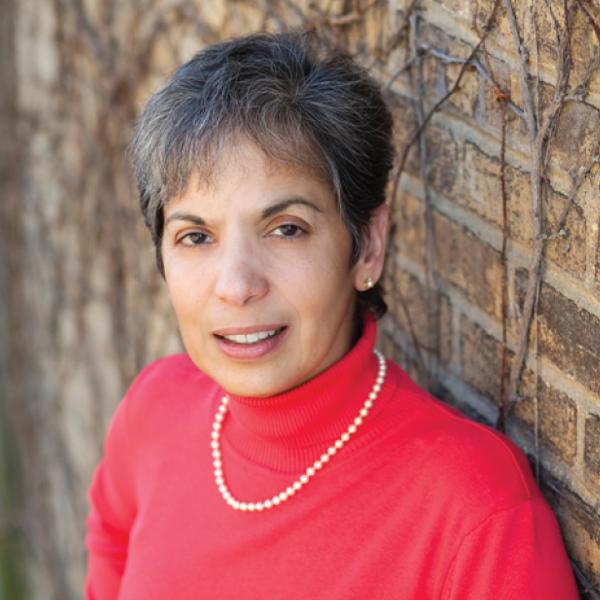
Margaret Rosario
Many more women are now in academia, across all disciplines, than when I was a student. In addition, more women are now in the upper professorial ranks than was the case back then. In my opinion, several things can improve women’s success in academia. First, everyone needs a good mentor/guide in graduate school and subsequently, in academia. Men are good at searching for and establishing such relationships; women are not so good. Thus, more seasoned professionals need to reach out to junior faculty, which, as you can imagine, can be a delicate situation. Perhaps here, at City, your office (Office of Research) may develop a welcoming package for all new junior faculty encouraging them to secure a senior mentor at City or somewhere in or outside CUNY. Second, this package should stress the importance of publishing for academic advancement. I find that women are distracted by demands within their college/university for service, teaching, and mentoring of students and, of course, by external family obligations. Learning how to say, “Not this time. Sorry,” is important. I could go on, but let me move to your next question.
Sexism in academia still exists and needs to be eliminated. I hope we continue to make progress against it. I also hope to see women become more assertive and self-assured. There still seems to be too much self-doubt, certainly more than I see among men of comparable rank. Pairing up with a senior faculty member may assist junior faculty women in this regard.
Margaret Rosario, Ph.D.
Distinguished Professor of Psychology
==================
“You must never be fearful about what you are doing when it is right.” – Rosa Parks (1913-2005), civil rights activist.
==================
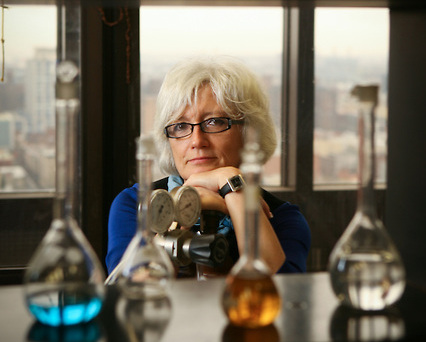
CCNY Professor Teresa Bandosz in her lab. Photo by Ari Mintz. 3/21/2012.
Since graduation, I have never had or seen any problems related to my gender and affecting my scientific status in the existing situation(s), so it is hard for me to identify the improvements.
I would like to see more confidence in women scientists themselves. I would like them to approach their research fields with self-confidence and without any inferiority complexes or assumptions related to gender issues. I would like them to see themselves as scientists equal to men and of the same capabilities, from the beginning. And just work equally hard as men do.
Teresa J. Bandosz, Ph.D., D.Sc.
Distinguished Professor of Chemistry
===================
“If they don’t give you a seat at the table, bring a folding chair.” – Shirley Chisholm (1924-2005), U.S. Congresswoman.
===================
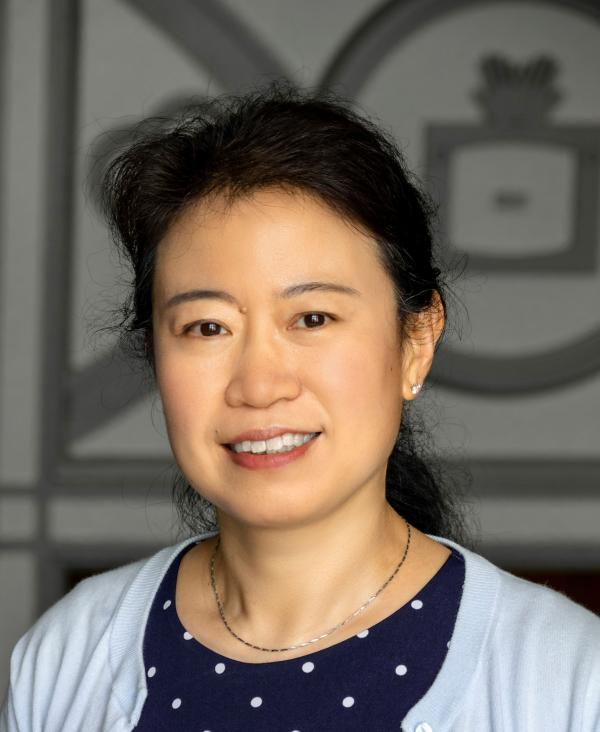
Yingli Tian
An increasing number of women professors and leaders in academia serve as vital role models and mentors, inspiring more female students to pursue academic careers and providing valuable guidance for their professional journeys and work-life balance.
Advances in technology have substantially reduced the demands of daily household work, enabling women professors to better balance academic responsibilities with family or personal obligations—traditionally a major challenge. Furthermore, with a greater societal emphasis on gender equality, many husbands have become more supportive, helping to share the responsibilities at home.
- I would like to see more progress in ensuring that women can thrive academically without sacrificing their well-being or personal lives. I hope that one day women professors will no longer be asked the question, “How do you balance work and life?”
- I would like to see more structural changes to support work-life integration, especially for those in the early stages of their careers.
- I would like to see more women professors in STEM.
YingLi Tian, Ph.D.
Distinguished Professor of Electrical Engineering
===================
“Don’t let others discourage you or tell you that you can’t do it.” – Gertrude Elion, Pharmacologist and Biochemist
===================
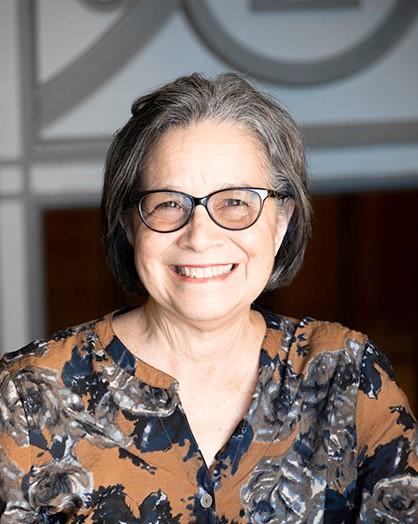
Maria Tamargo
Although the changes have been slow and have not come as far as I think they must, there have been some positive changes in the way women are perceived and supported in the STEM fields. I think the most important thing has been acceptance by the peers. My memory of how it was when I started (now more than 45 years ago) was much less accepting. It was most noticeable when attending conferences. The feeling of being an ‘outcast’, of being the only one, took much of the enjoyment out of this experience, which is so important and can be so rewarding.
Nowadays I see young women in those places and situations and the interactions are very natural and welcoming. Of course, simply having more women to interact with in the work environment is a very welcome change.
I think one important change that is very difficult to achieve is equality in terms of balancing family and work life. This is not just a problem of the employers, but it is one of society as a whole. Easier day care options, flexible work schedules and less emphasis on stereotypes are some of the ways in which these issues can be addressed.
Maria Tamargo, Ph.D.
Director, IDEALS CREST
Distinguished Professor of Chemistry